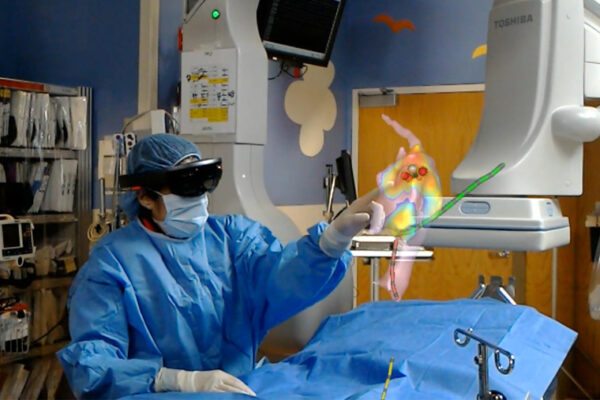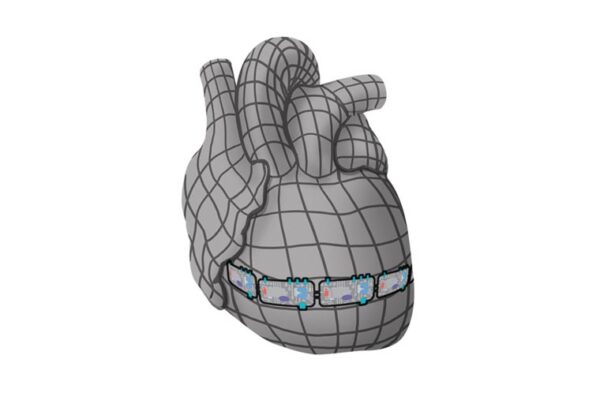
Precision medicine considers each person’s unique genetic makeup, lifestyle and environment when considering treatments for illness and disease. A team of Washington University in St. Louis researchers is taking steps toward developing precision medicine for patients with irregular heartbeats by studying how two anti-arrhythmic drugs affect different parts of the heart.

Jeanne Nerbonne, professor of medicine and of developmental biology at the School of Medicine, and Jonathan Silva, associate professor of biomedical engineering at the McKelvey School of Engineering, led a team that found that two drugs, lidocaine and ranolazine, sometimes prescribed to treat arrhythmias, work differently in the heart depending on the molecular composition of the sodium channels expressed. Voltage-gated cardiac sodium (Nav), channels conduct sodium into cells and are critical to generate and propagate action potentials through the myocardium. Since about 10% of adults over age 65 have arrhythmias, the work has broad implications on potential therapeutic outcomes.
Results of the research were published in JCI Insight Aug. 9. Read more on the engineering website.


